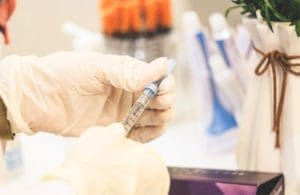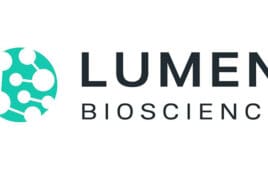
[Image by Sam Moqadam on Unsplash]
A report in Lancet found that two doses of AstraZeneca’s AZD1222 vaccine were 50% effective. Recipients who received a dose of the AZD1222 vaccine followed by a dose of Moderna’s mRNA-1273 vaccine had adjusted vaccine effectiveness of 79%. Those who received an initial dose of AZD1222 followed by the Pfizer-BioNTech BNT162b2 vaccine saw vaccine effectiveness of 67%.
The report authors stopped short of claiming that a heterologous AZD1222 and mRNA prime-boost vaccination strategy is superior, concluding that it “may be an effective alternative to increase population immunity against COVID-19.”
“These results could have important implications for vaccination strategies and consequently in the battle against the pandemic,” the report authors concluded.
Based in Sweden, the study analyzed infection data from randomly selected individuals from July 5 to August 23. In that time window, the Delta variant became dominant in the country, as it has in many other countries.
Last week, preliminary federally-funded research presented at the FDA’s Vaccines and Related Biological Products Advisory Committee (VRBPAC) reached broadly similar conclusions on the use of heterologous boosters. That research found that the mRNA vaccines from Pfizer and Moderna appeared to elicit a more robust immune response when used both as a primary series and booster dose than Janssen’s Ad26.COV2.S vaccine.
Moderna is actively investigating mRNA vaccine boosters in individuals who received their first COVID-19 vaccinations from AstraZeneca or Johnson & Johnson. “Moderna will continue to generate data and transparently share to support governments and regulators as they make evidence-based decisions regarding future vaccination strategies,” said a Moderna spokesperson.
Filed Under: Infectious Disease



